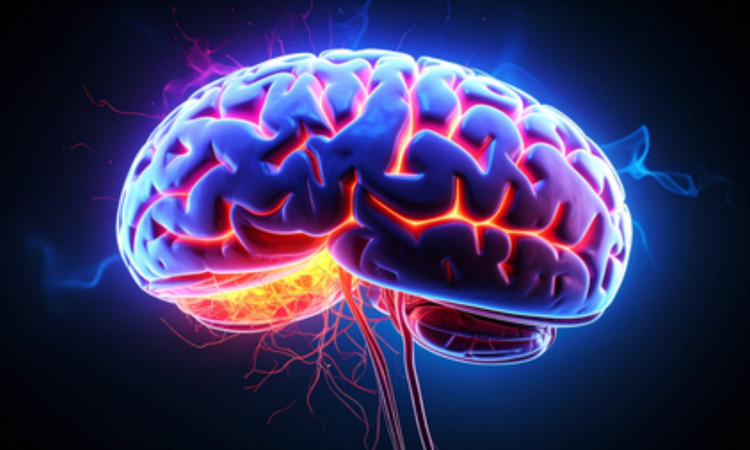MDRF signs pact with IISc for research linking diabetes with brain health
The partnership aims to facilitate large-scale studies, data exchange and translational research to improve early detection and prevention strategies.

Dementia is diagnosed an average of 3.5 years after symptoms (IANS)
CHENNAI: Diabetes and dementia are interlinked and could hasten one another’s progression. “Individuals with pre-diabetes also have higher risk for dementia,” said Dr V Mohan, chairman, Madras Diabetes Research Foundation (MDRF), in Chennai.
A 2023 study conducted by IDF Centre of Excellence in Diabetes Care, and the Indian Council of Medical Research (ICMR) found that 13.6 crore people are pre-diabetic, and 11.3 crore have diabetes.
The conversion from pre-diabetes to diabetes is fastest in South Asian population. Diabetes confers a 1.25 to 1.91-fold excess risk for cognitive disorders (cognitive impairment and dementia).
“Diabetes affects not just the body but also the brain. Persons with diabetes are screened for retinopathy, neuropathy, microalbuminuria and macrovascular diseases. Cognitive impairment or dementia is often undiagnosed in those with diabetes. Routine screening for cognitive impairment in diabetes clinics should be done,” Dr Mohan said.
MDRF signed an MoU with Centre for Brain Research (CBR) at the Indian Institute of Science (IISc), Bengaluru, and the UK Dementia Research Institute (UK DRI) to advance cutting-edge research exploring the intricate relationship between diabetes and brain health.
This collaboration brings together leading experts in the fields of diabetes, neuroscience and dementia to understand how metabolic disorders like diabetes influence cognitive decline and neurological diseases, including dementia and Alzheimer’s disease.
The partnership aims to facilitate large-scale studies, data exchange and translational research to improve early detection and prevention strategies.



